Picture Perfect Lighting
An Innovative Lighting System for Photographing People
Roberto Valenzuela
Ebook, Lighting, Photography, Popular Techniques, Portrait, Print, Print and digital bundle
Roberto Valenzuela is a photographer and educator who has a talent for identifying areas where photographers regularly hit roadblocks and a passion for developing clear and concise systems that allow photographers to break through those barriers and become better, more confident practitioners of their craft. His two previous books, Picture...
Read More
Read More
- Print and eBook Bundle: $59.99
- Print Book: $49.95
- eBook: $39.99
| BOOK AUTHOR | Roberto Valenzuela |
|---|---|
| PAGE COUNT | 360 pages |
| TRIM SIZE | 8 x 10in |
| COVER | Soft Cover |
| ISBN | 9781937538750 |
| PUBLISH DATE | 03/2016 |
5 reviews for Picture Perfect Lighting
You must be logged in to post a review.
Related Products
-
Mastering Canon EOS Flash Photography, 2nd Edition
Camera Brands, Canon, Ebook, Lighting, Photography, Popular Techniques, Print, Print and digital bundle This product has multiple variants. The options may be chosen on the product page Price range: $35.99 through $54.95Mastering Canon EOS Flash Photography, 2nd Edition
Camera Brands, Canon, Ebook, Lighting, Photography, Popular Techniques, Print, Print and digital bundle This product has multiple variants. The options may be chosen on the product page Price range: $35.99 through $54.95 -
The Nikon Creative Lighting System, 3rd Edition
Camera Brands, Ebook, Lighting, Nikon, Photography, Popular Techniques, Print, Print and digital bundle This product has multiple variants. The options may be chosen on the product page Price range: $31.99 through $49.95The Nikon Creative Lighting System, 3rd Edition
Camera Brands, Ebook, Lighting, Nikon, Photography, Popular Techniques, Print, Print and digital bundle This product has multiple variants. The options may be chosen on the product page Price range: $31.99 through $49.95
Related Products
-
Mastering Canon EOS Flash Photography, 2nd Edition
Camera Brands, Canon, Ebook, Lighting, Photography, Popular Techniques, Print, Print and digital bundle This product has multiple variants. The options may be chosen on the product page Price range: $35.99 through $54.95Mastering Canon EOS Flash Photography, 2nd Edition
Camera Brands, Canon, Ebook, Lighting, Photography, Popular Techniques, Print, Print and digital bundle This product has multiple variants. The options may be chosen on the product page Price range: $35.99 through $54.95 -
The Nikon Creative Lighting System, 3rd Edition
Camera Brands, Ebook, Lighting, Nikon, Photography, Popular Techniques, Print, Print and digital bundle This product has multiple variants. The options may be chosen on the product page Price range: $31.99 through $49.95The Nikon Creative Lighting System, 3rd Edition
Camera Brands, Ebook, Lighting, Nikon, Photography, Popular Techniques, Print, Print and digital bundle This product has multiple variants. The options may be chosen on the product page Price range: $31.99 through $49.95

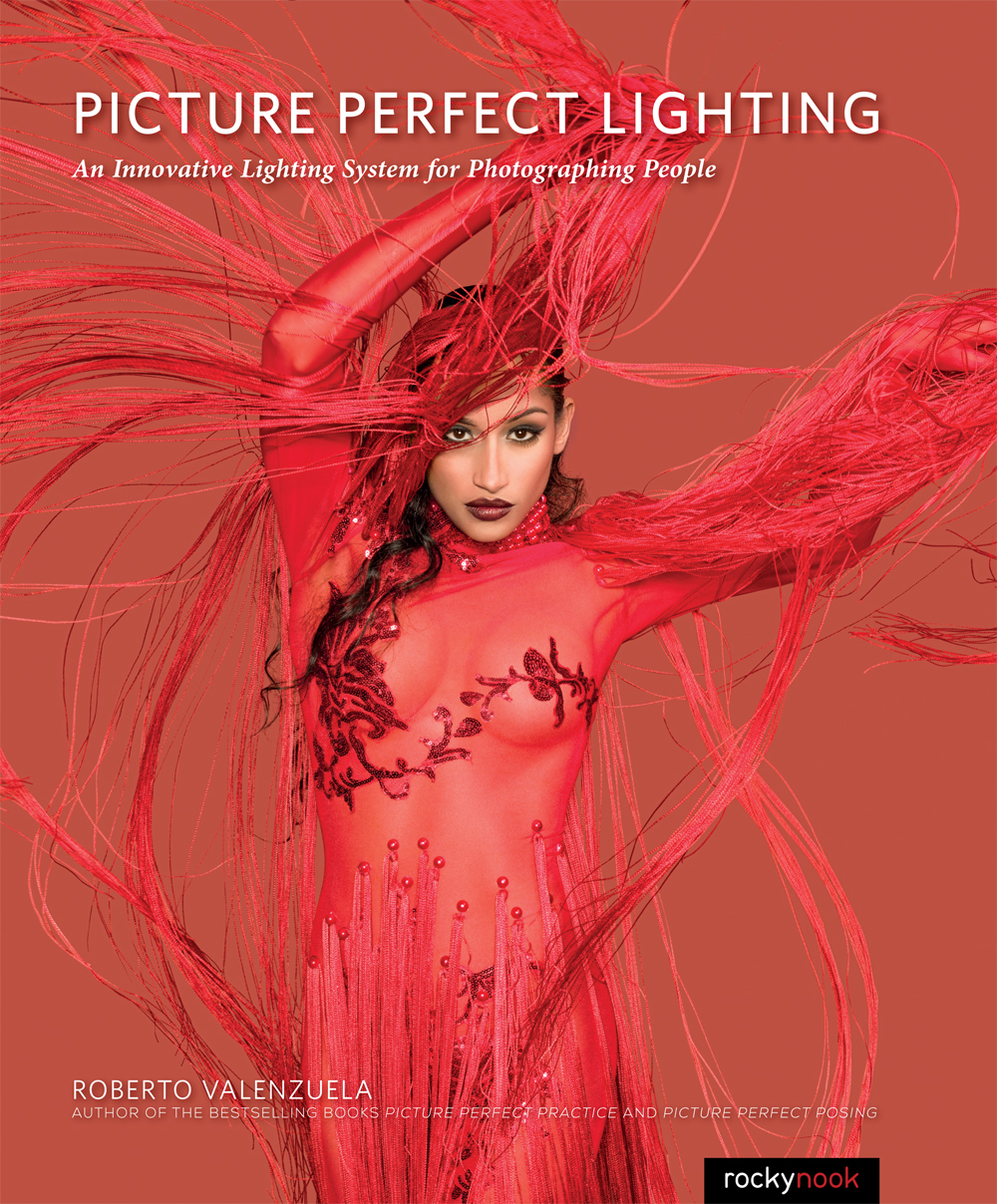
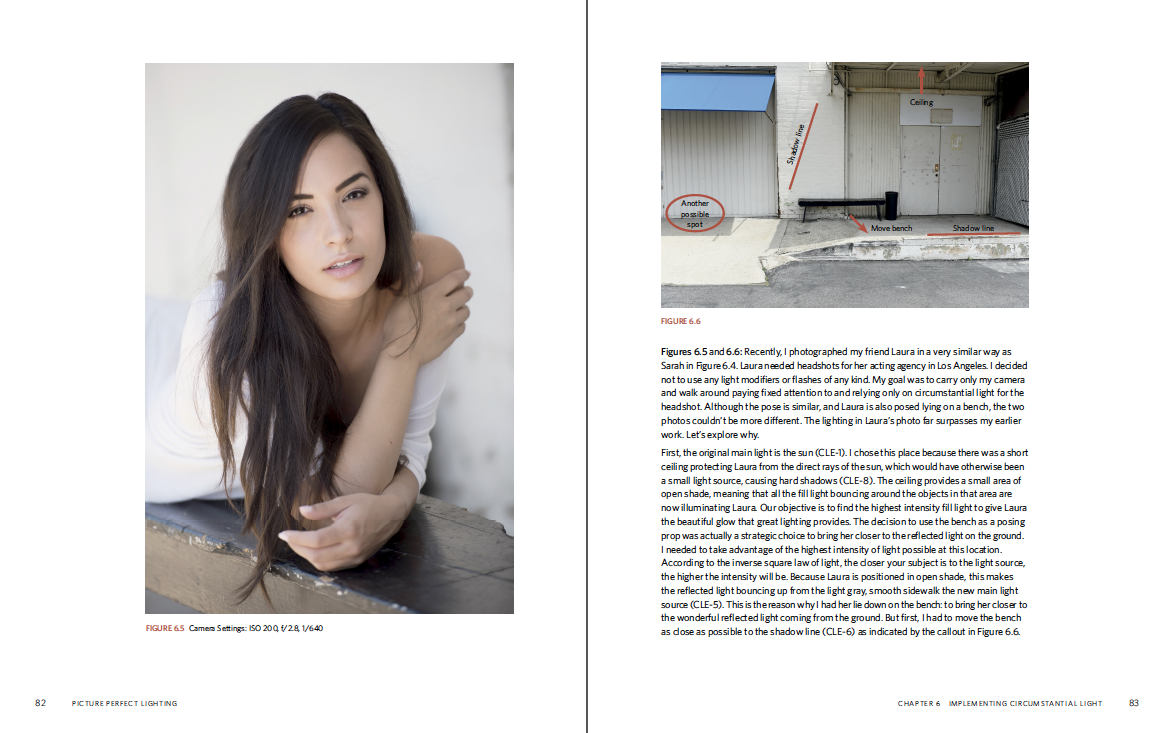
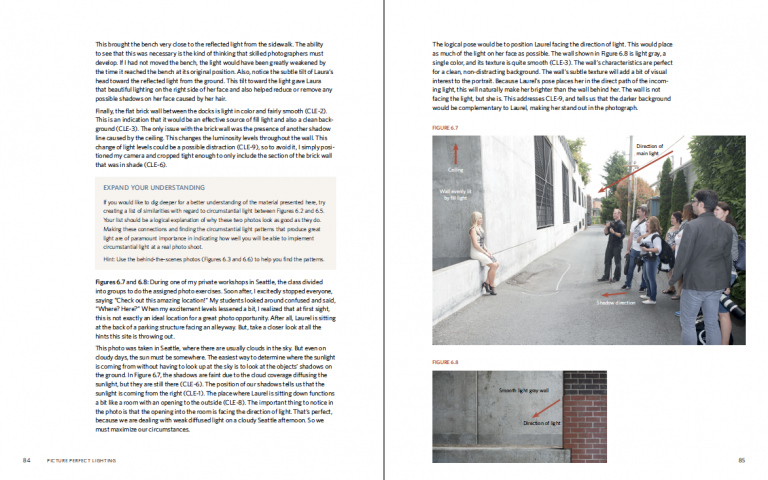
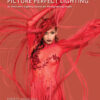
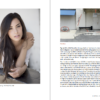
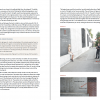
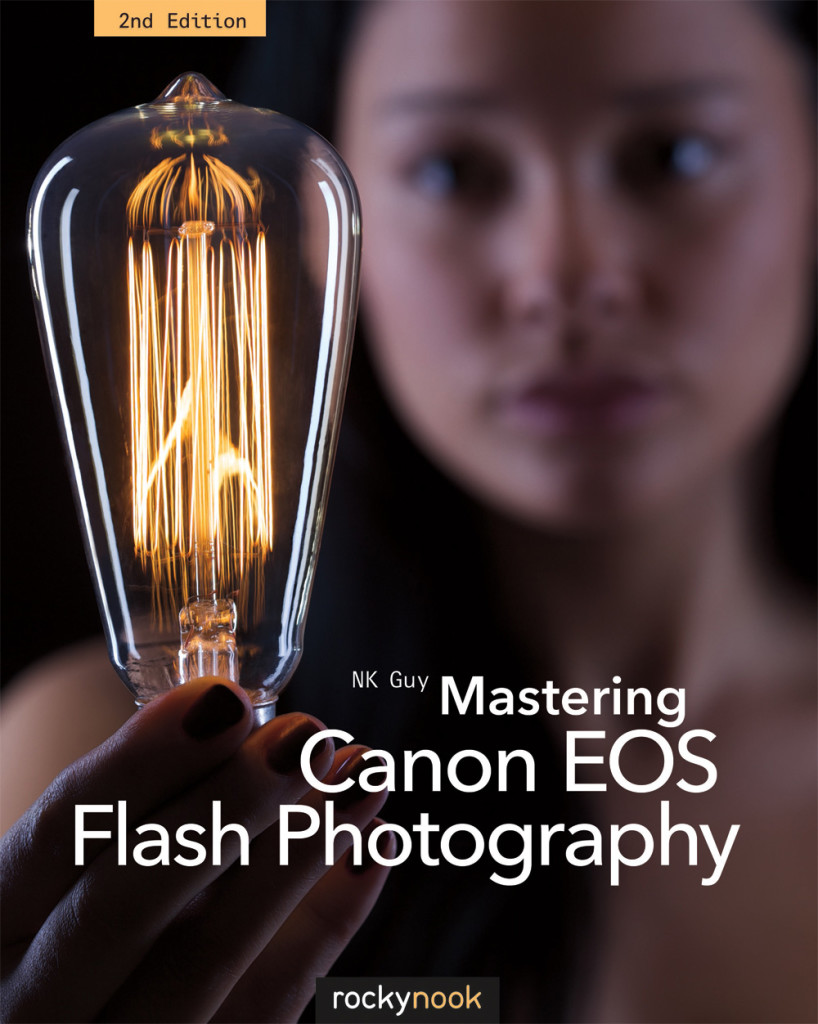
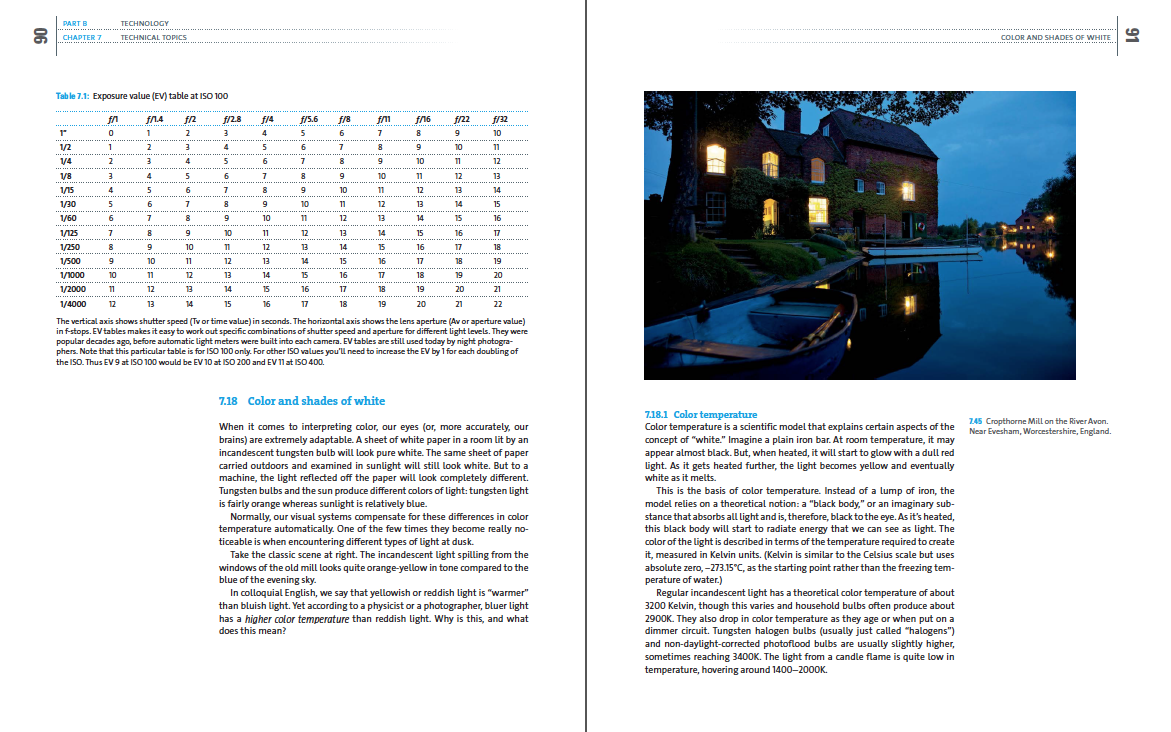
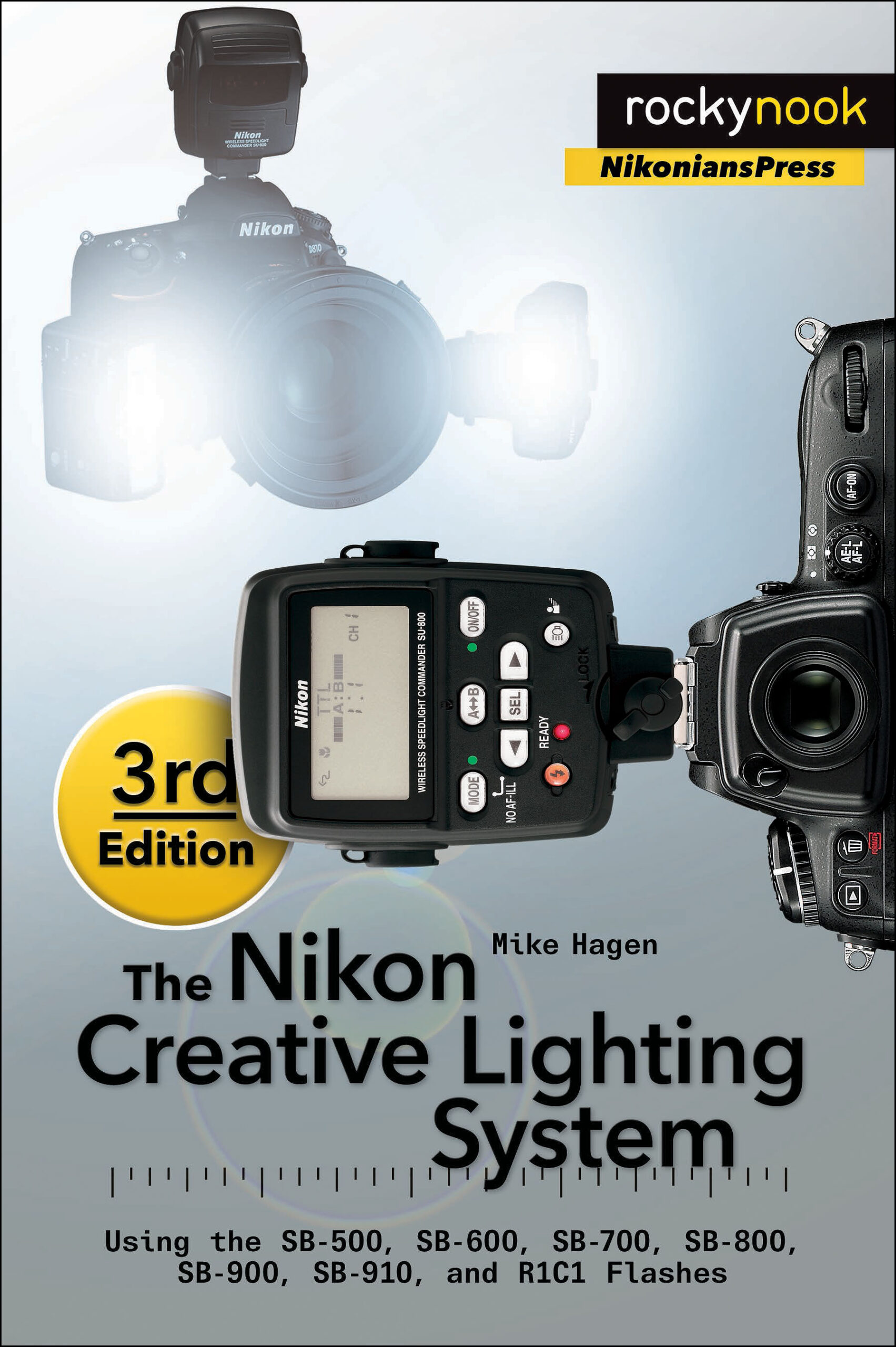
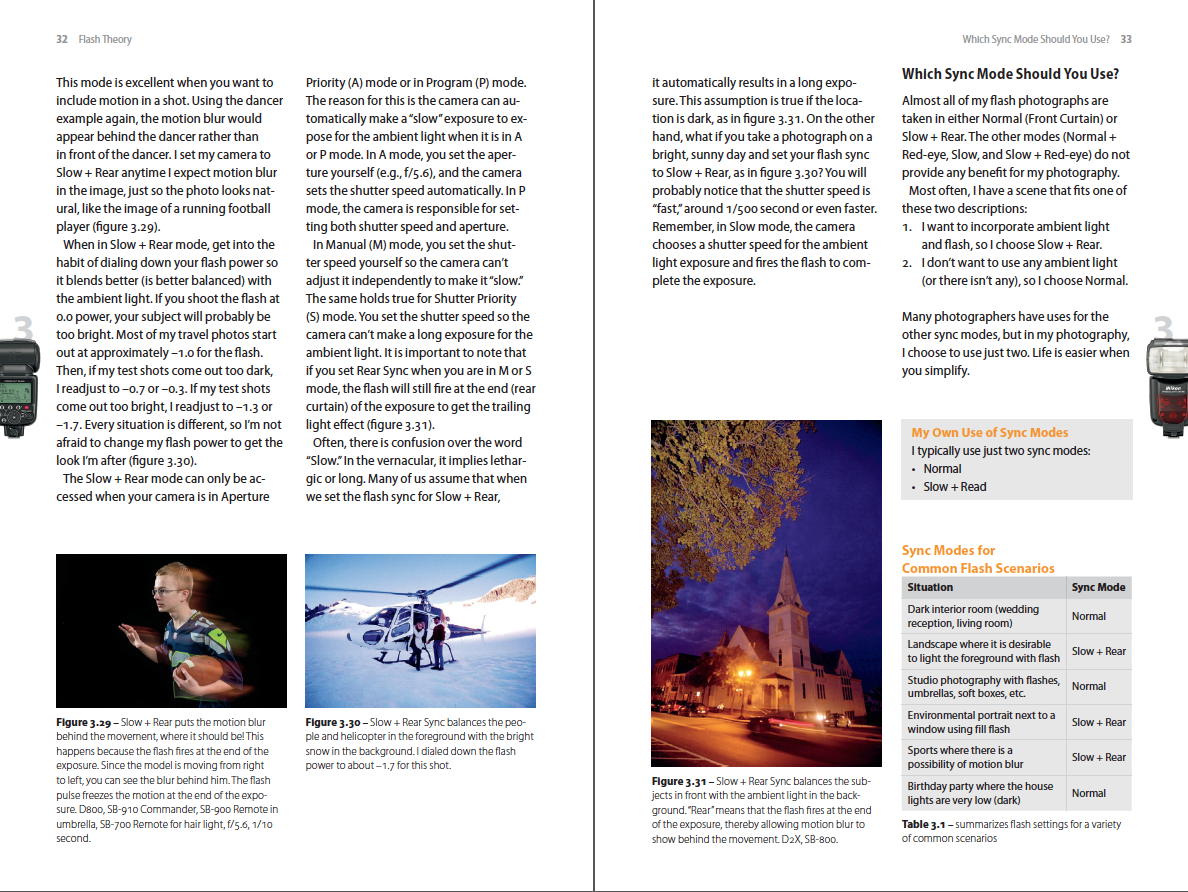
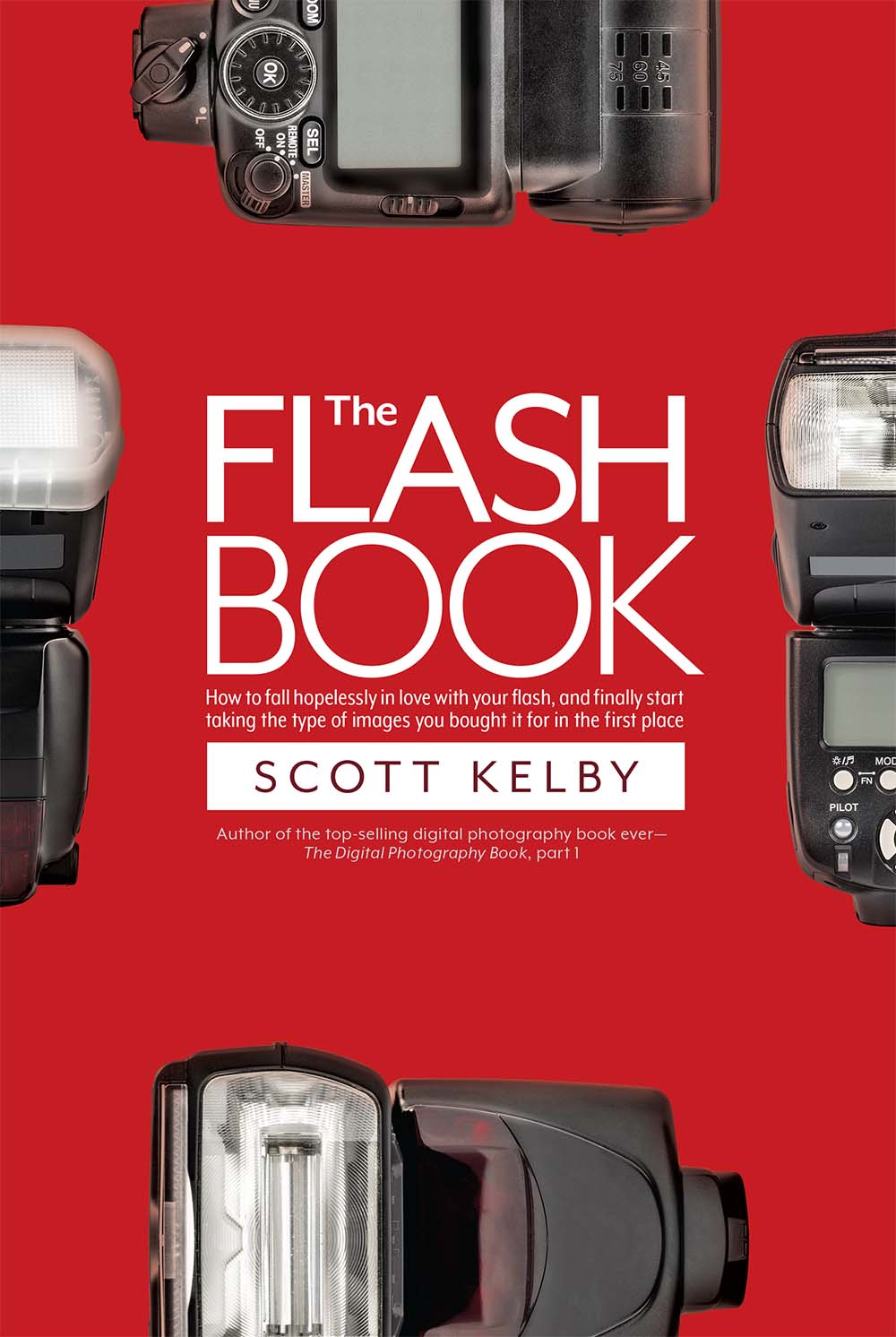

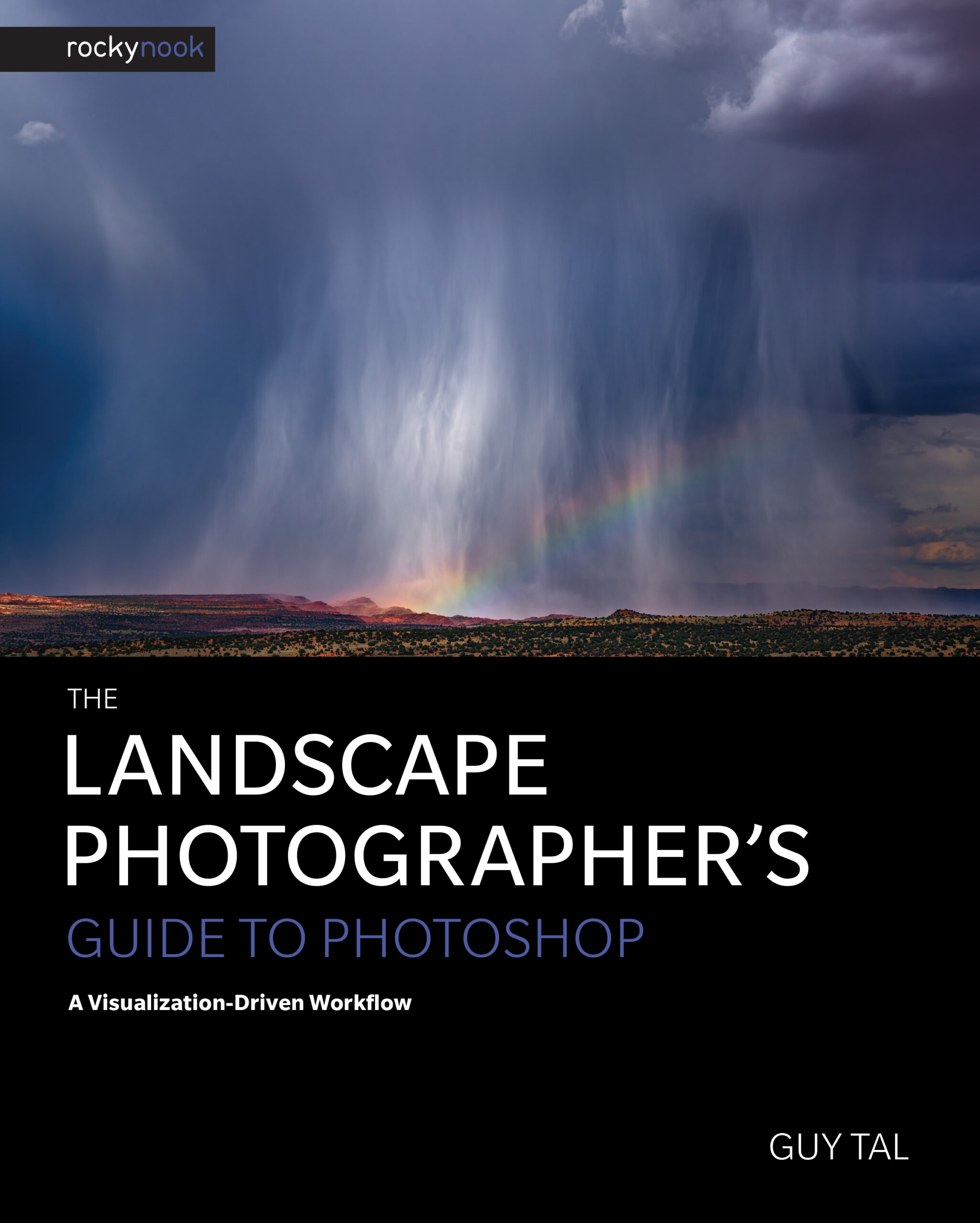
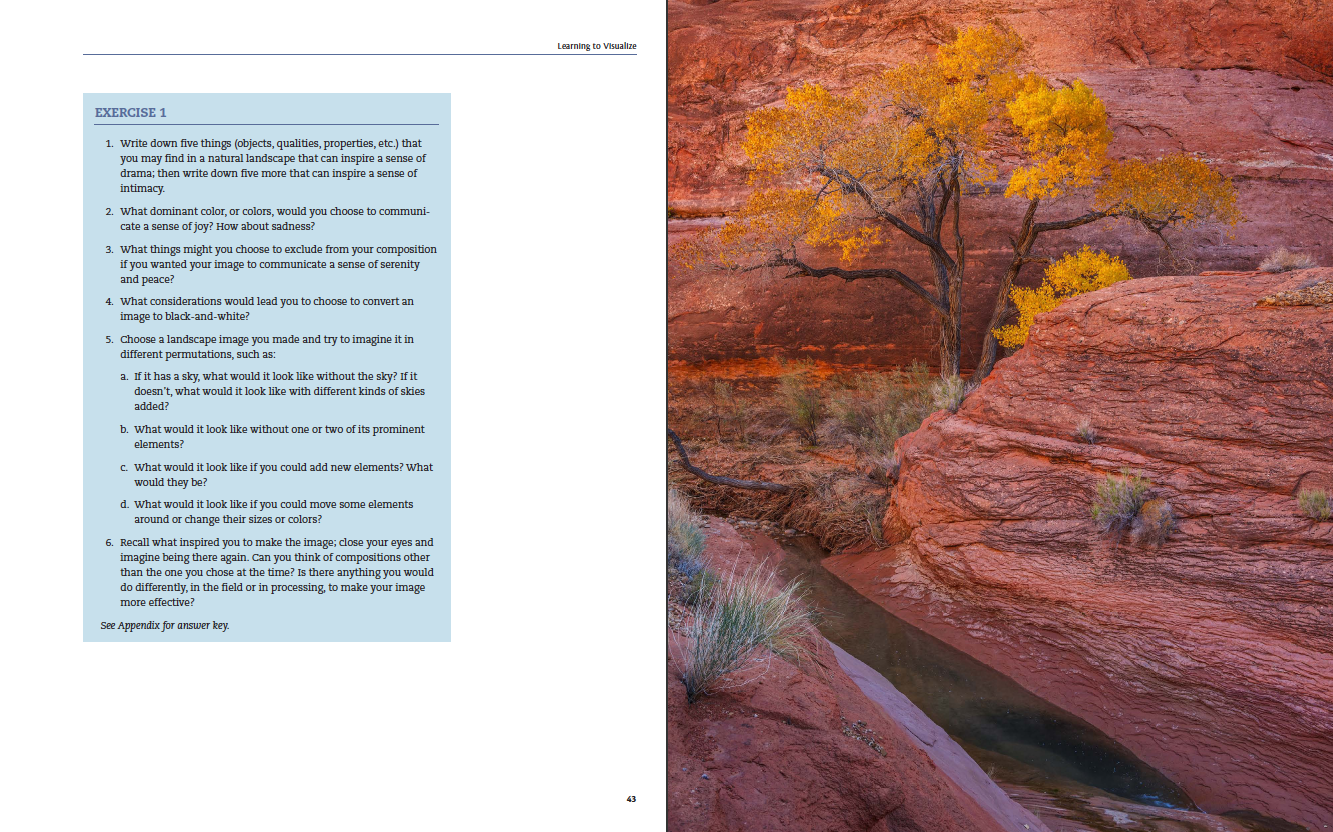
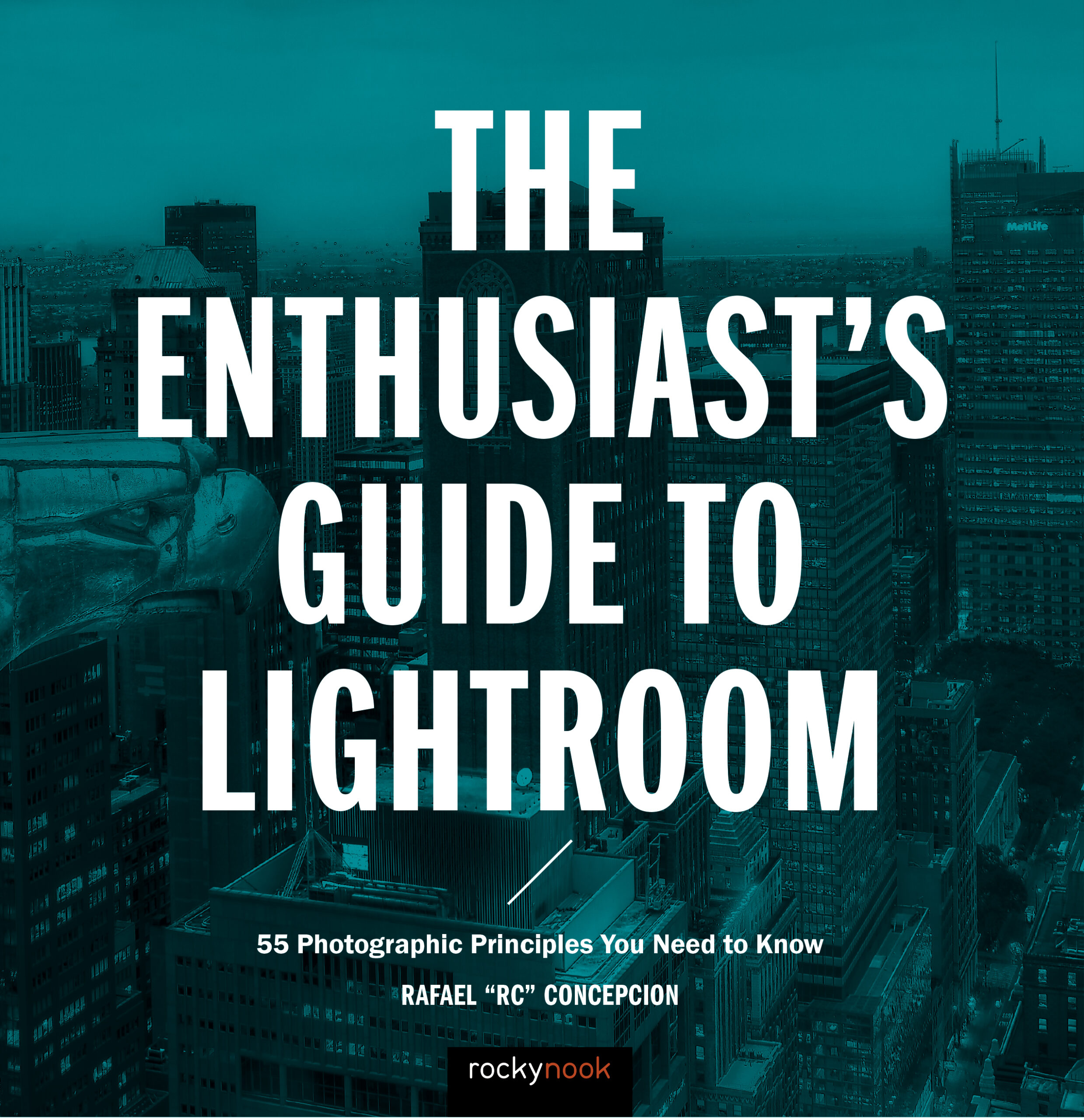
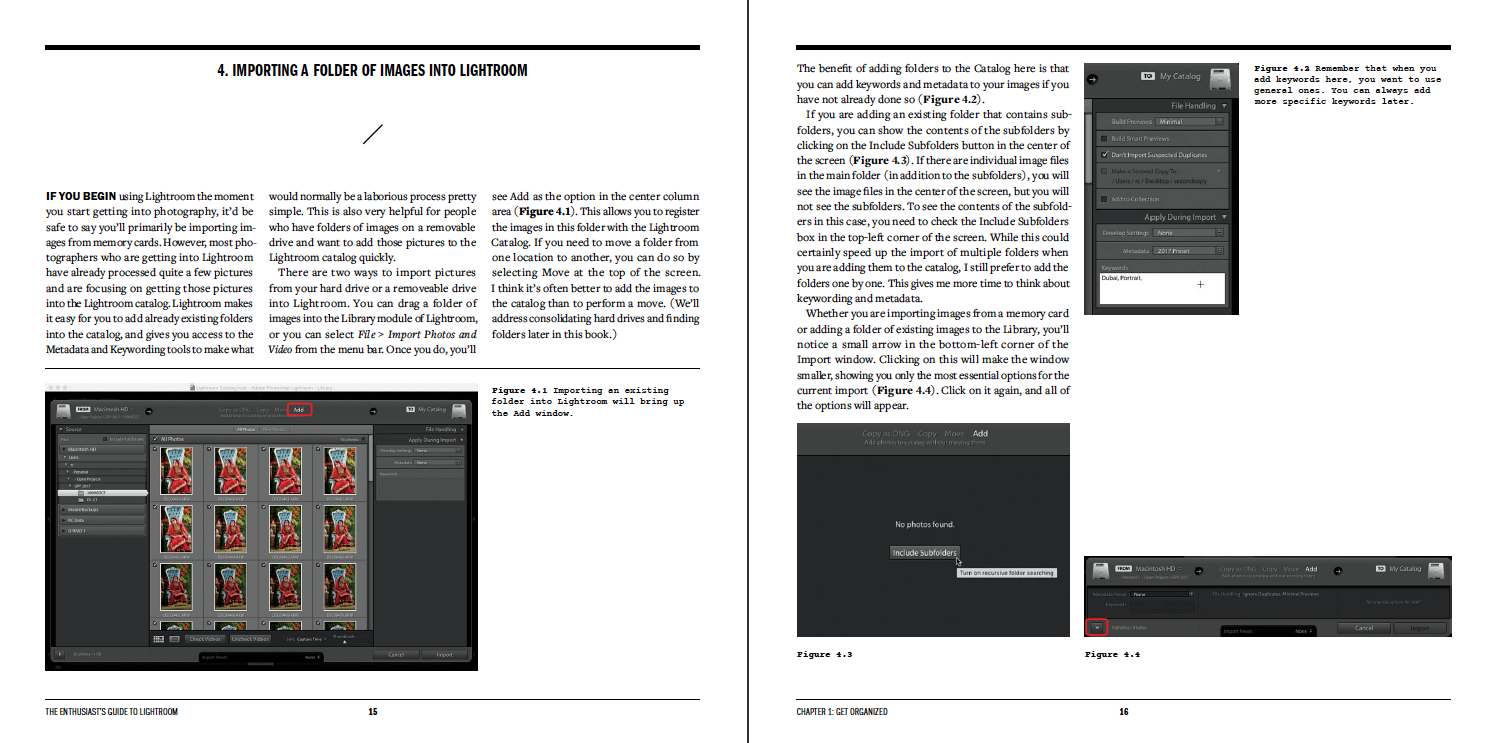
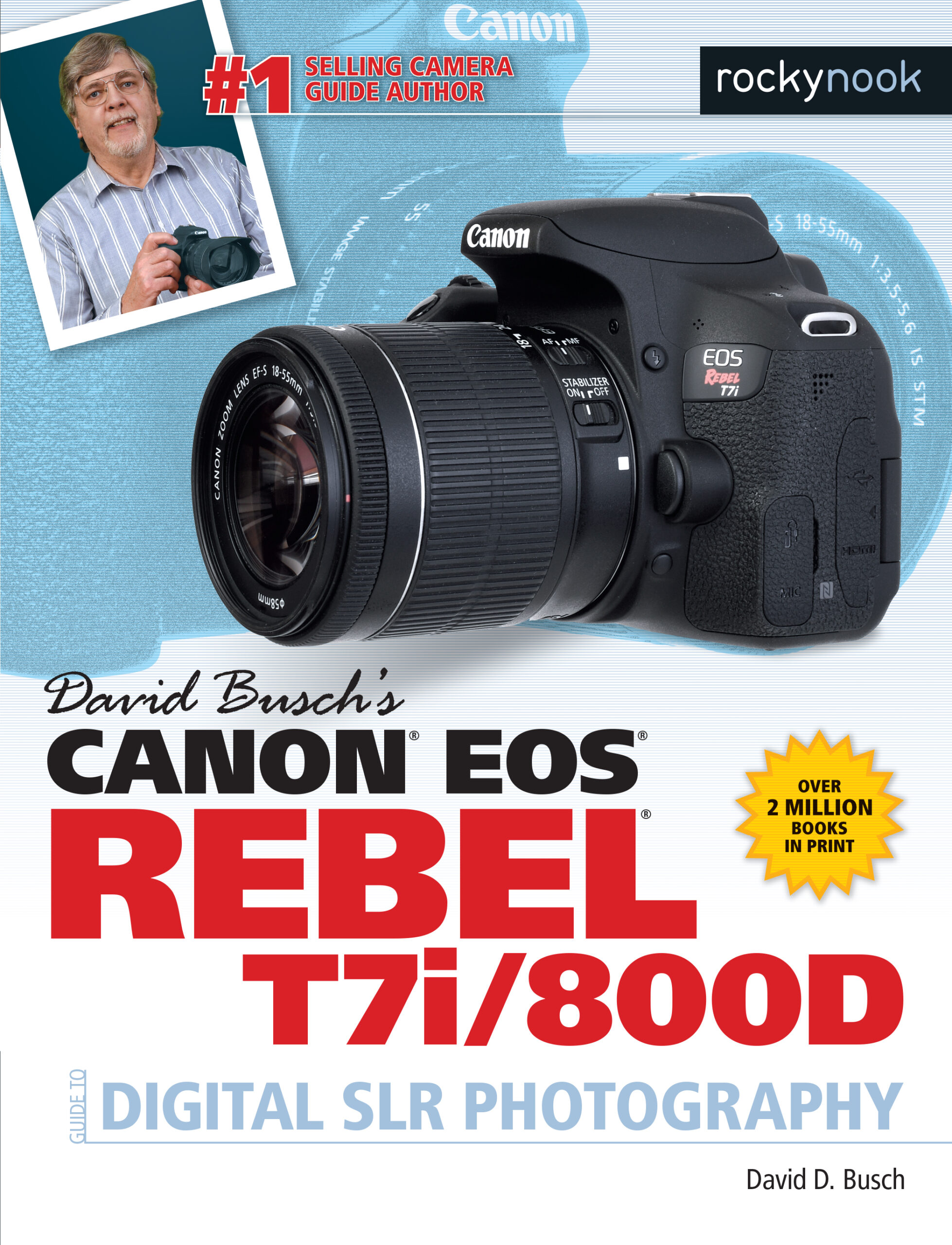
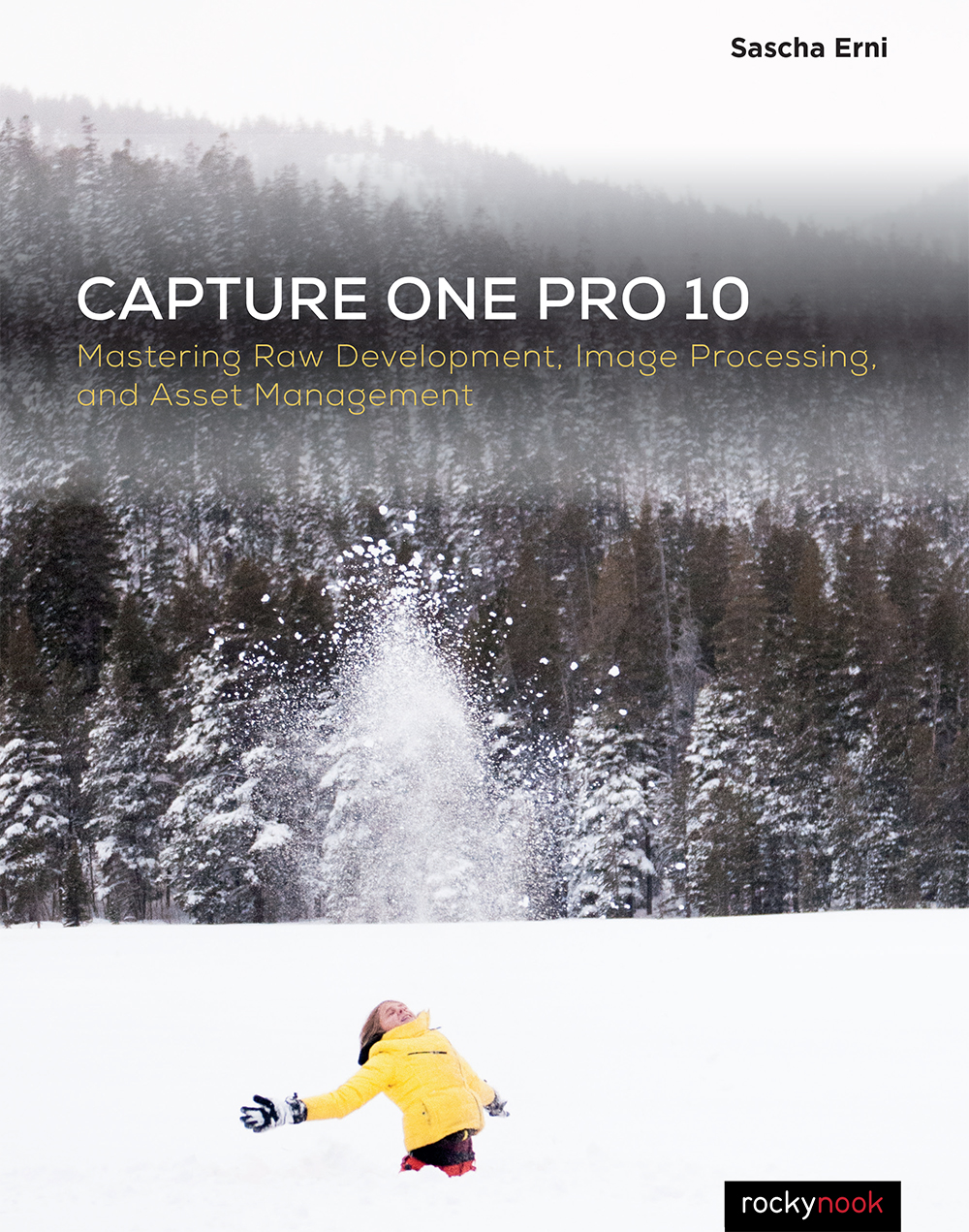
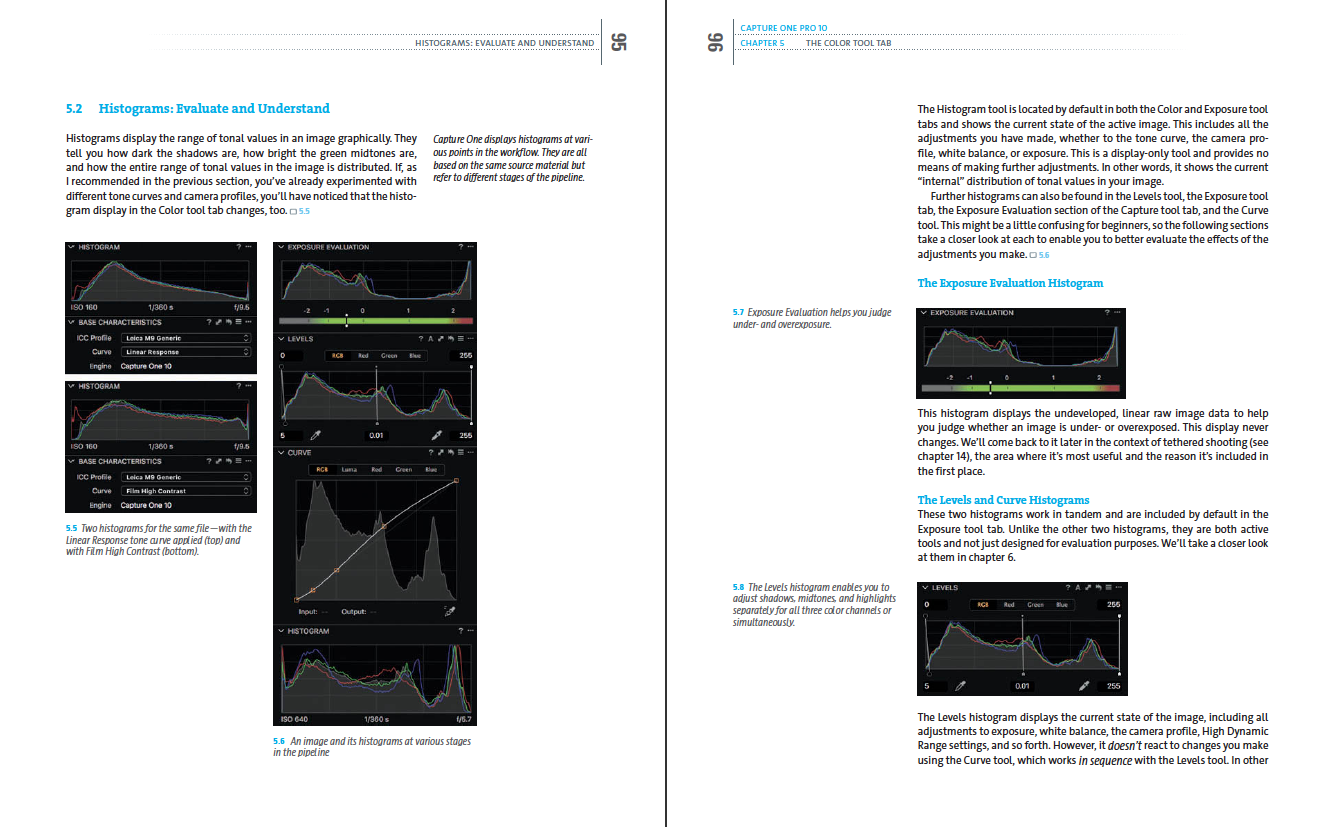
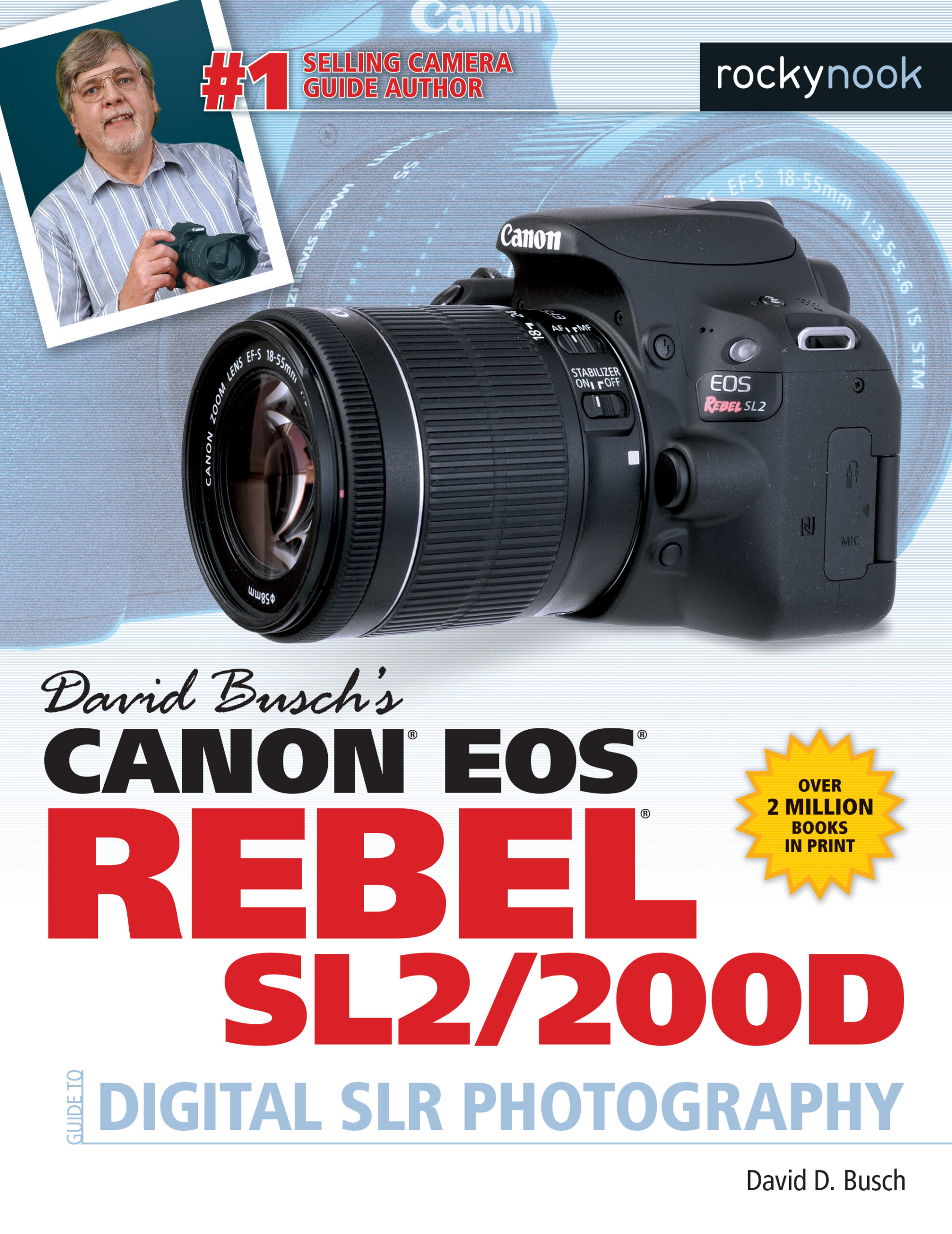

tom24
This book is on beyond many of the ubiquitous photography lighting books you see out there. His depth of logic is paramount in relating his observations of how light behaves. I am using the very clever 10 CLEs to help my students really experience the magical clay that light is in our photographic lives. Roberto has a genius talent for photography education, may be because he is an autodidact, a virtuoso musician, and multi lingual. I own all three of his books and they are marked, folded, tabbed and post-it-ed like crazy. Thank god and Rocky Nook for Roberto, and now I gotta get to work so I can afford one of his workshops! ~TEU
Haakan (verified owner)
This book provides good insight on the behaviour of light and natural lighting considerations and techniques. The examples are clearly useful in real life. Trying to learn and remember the 10 “Circumstantial Light Elements which are the basis for the book does, however, feel a bit like going back to the school bench. All in all though a valuable read to take lighting skills to the next level.
wepsphoto
Valenzuela begins with an overview of the physics of light, those properties that are inherently not changeable. These are the laws that govern our medium- through applied knowledge we can learn to take advantage of them, but we’re not able to change these properties. By examining the inverse square law, reflective angles, falloff and color, one sharpens one’s sense of light’s behavior and prepares the reader for the analytical elements to come.
Part 2 is entitled Circumstantial Light- we are lead through a patient, orderly series of situations and images that illustrate the many ways that a scene can be assessed for its lighting strengths, weaknesses and challenges. This part of the book is where the reader’s eye for scene lighting grows and becomes more critical- it is arguably the best part of the book, sometimes repetitious, but determined to drill into the reader’s head the important scene analysis required of the good photographer.
We are introduced to reflecting light with modifiers in Part 3, but only after an introduction to Valenzuela’s Lighting Benchmark Test. This construct is a bit peculiar- it’s a set of rules for photographing people that establish exposure parameters that Valenzuela feels are ideal. For example, if shooting people in outdoor bight overcast/open shade, if you want to shoot at f/4 you should be shooting at ISO 400 with an ideal shutter speed of 1/500”. With this established goal, you now adjust the lighting to the correct parameters for the decent exposure. Valenzuela’s rules for exposure are a bit rigid and do not take advantage of the inherent precision and dynamic range of today’s cameras, but if you’re inclined to memorize and shoot with this model, he does a good job explaining it.
In Part 4 Valenzuela delves into “Helper Light”, or flash. It’s a major philosophical change- freely creating lighting rather than being limited to changing shooting positions and reflecting on-scene light. Of course, teaching flash has to be very generic, since every flash unit has its own set of controls, but Valenzuela does a nice job introducing the concepts of flash shooting (expanding the apparent size of the light source, selecting the most appropriate mode, etc). This chapter is the most empowering- where previous chapters limited the photographer to existing light, supplying a light source now enables control previously unattainable.
Picture Perfect Lighting is an excellent introduction to seeing, then manipulating, and finally generating the scene lighting that will shape your images.
sthsenior (verified owner)
I’ve read (and purchased) a dozen or more books on lighting techniques and this is by far one of the better ones. More in-depth than many, his explanations of light modifiers along with natural light has really helped my outdoor shots.
jefforns
This is one of the best books I have read on Light and Lighting. I have studied light with my landscape and wildlife photography for many years and everytime I read one of the authors book I really learn something.
But this book is different. There is so much to learn, and try to master, on flash photography and the use of diffusers and bounce light. This past week I played with some of these techniques using a full size mannequin and the results were impressive. I still don’t consider myself a portrait photographer but I sure have improved my ‘people’ lighting.
This book belongs in all photographic libraries.